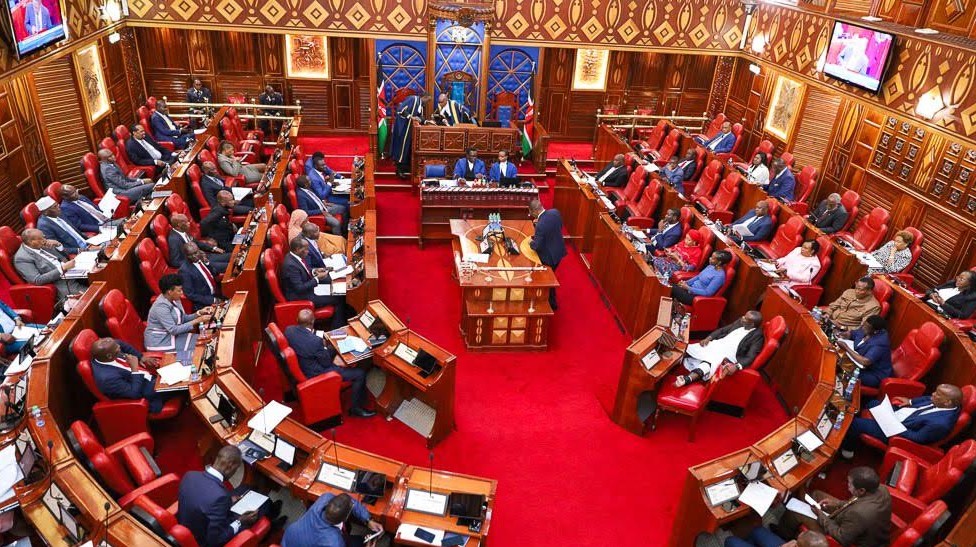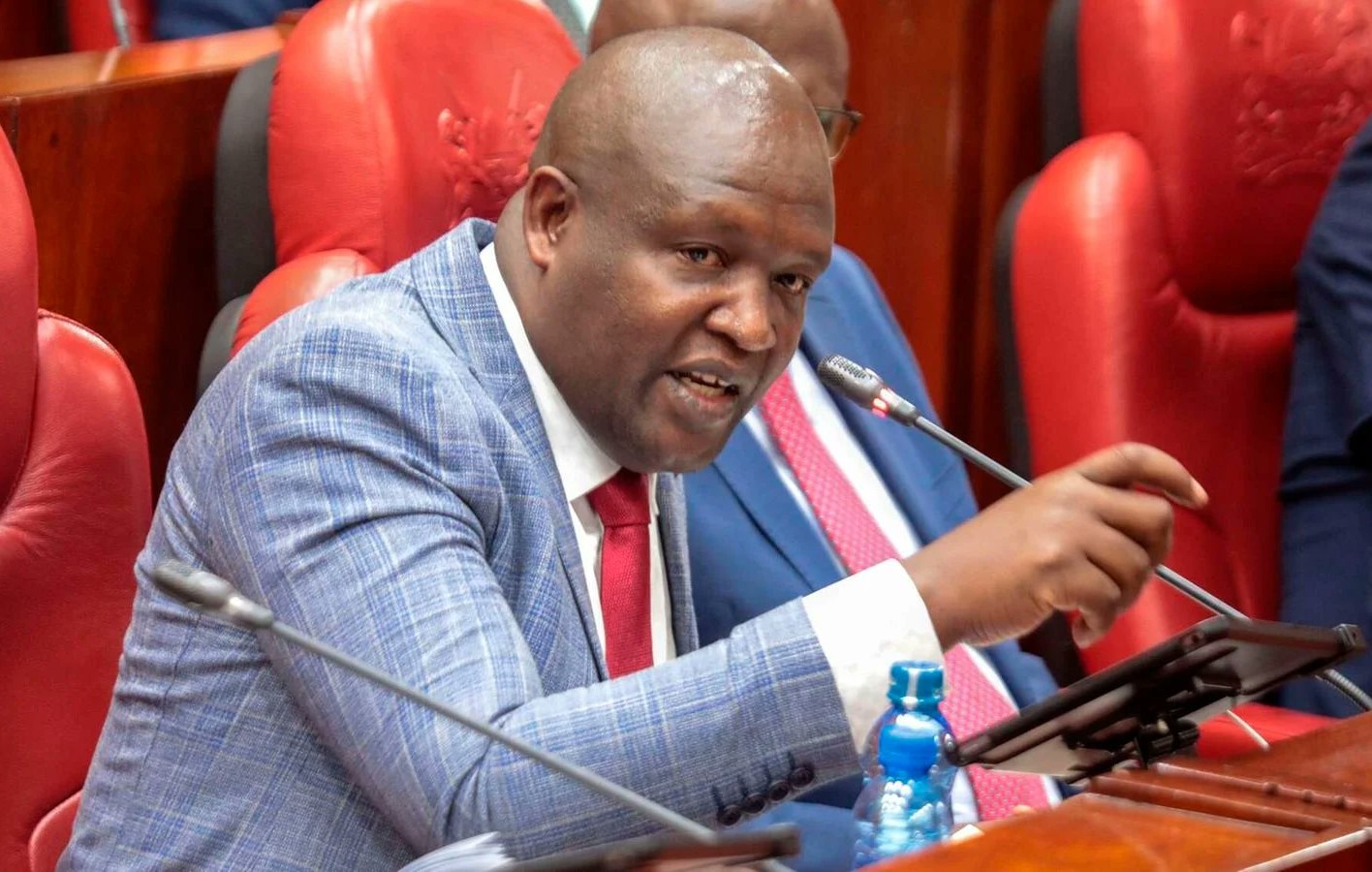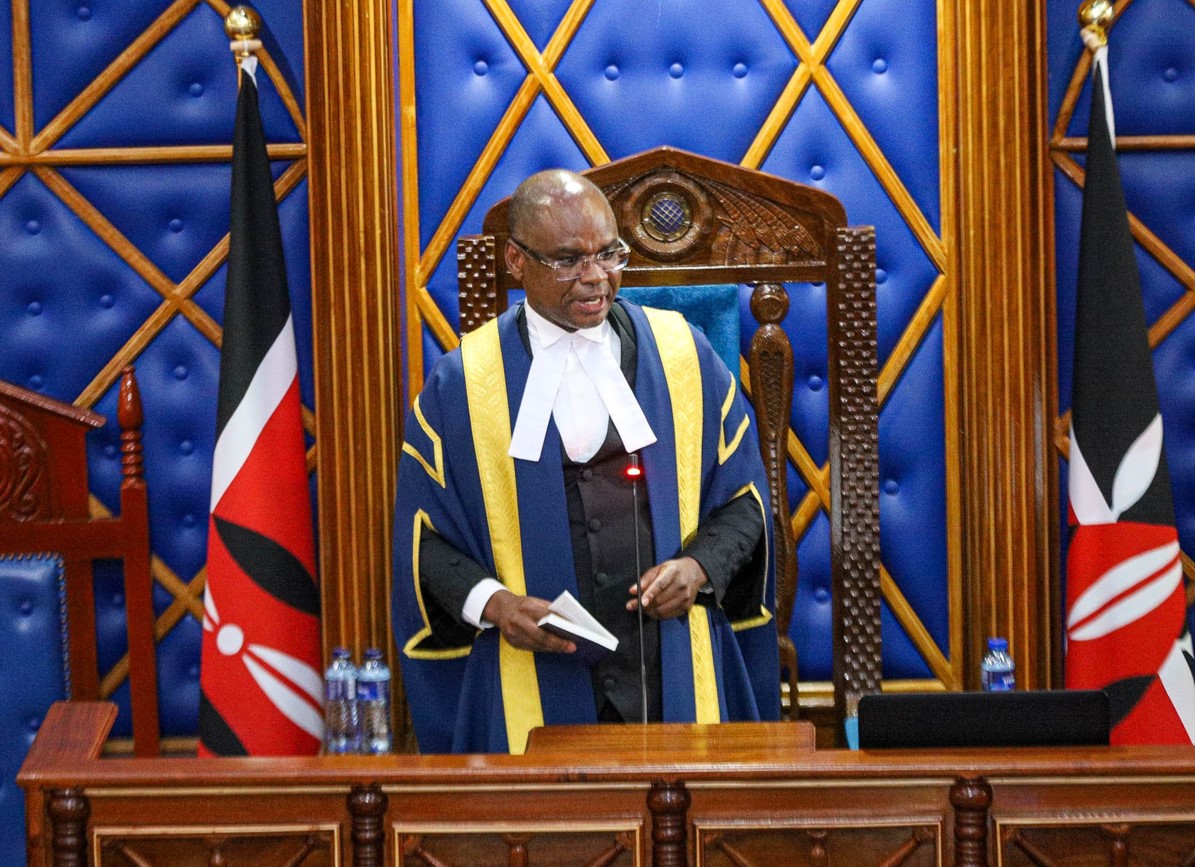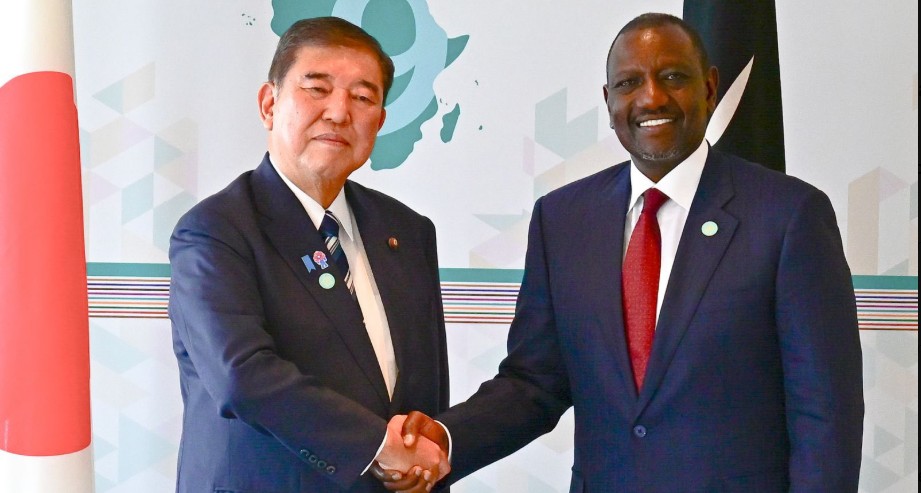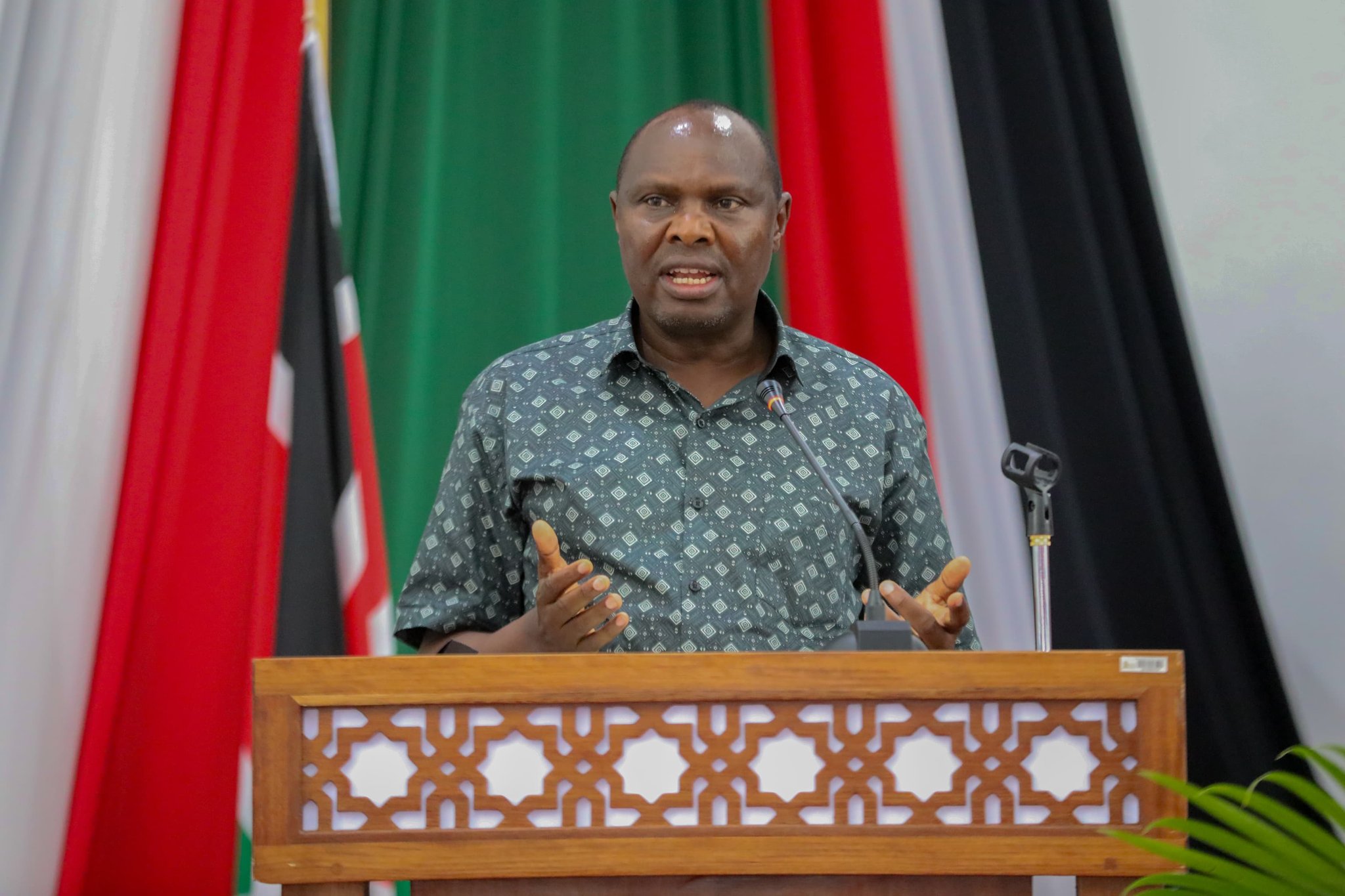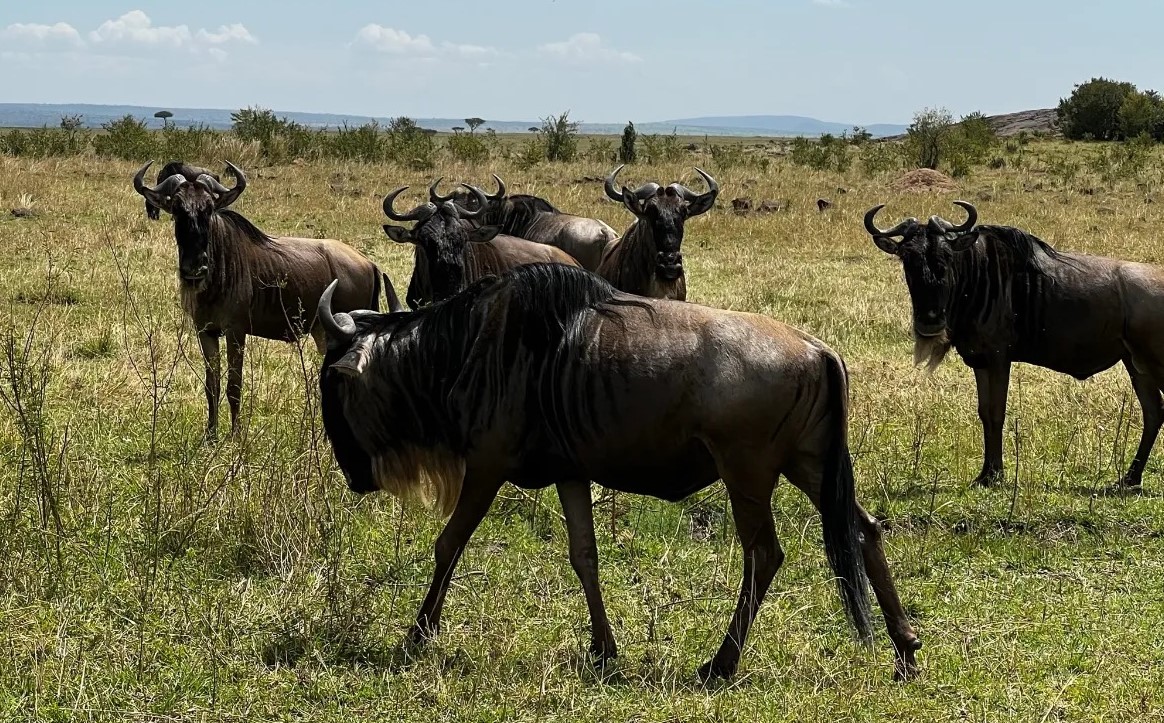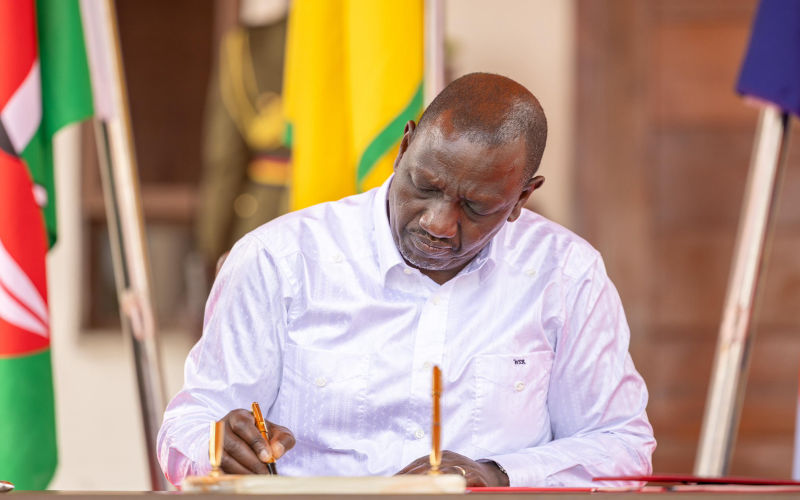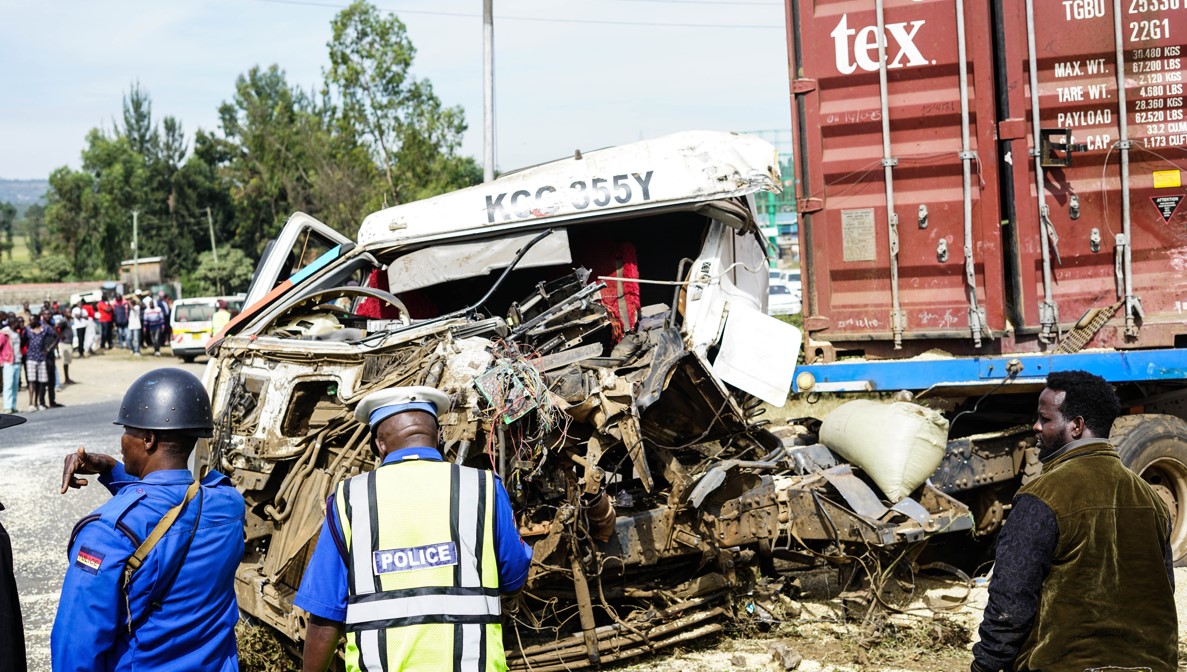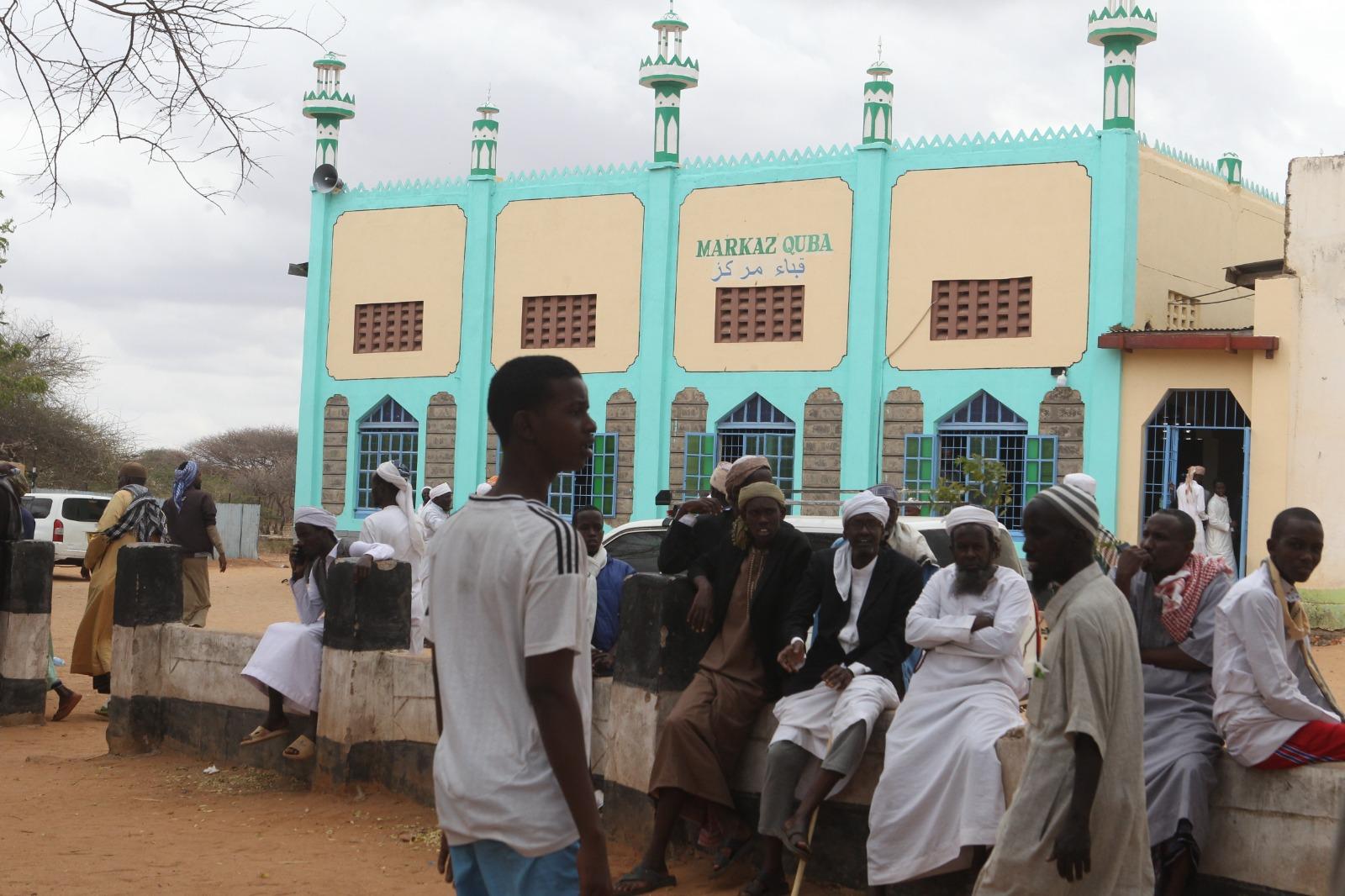Somali national Mahad Garad pleads for help after months in captivity in Libya
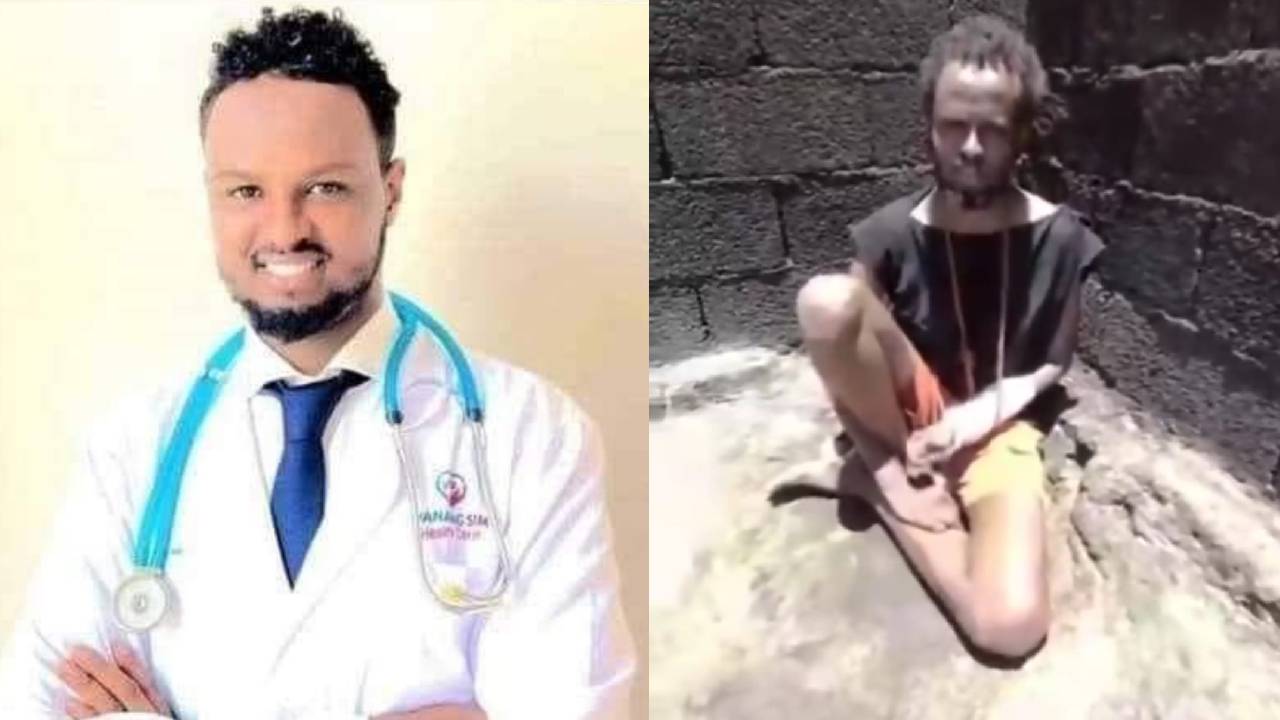
His captors have demanded $15,000 (Sh1,970,418) for his release, a sum that Mahad and his relatives cannot afford.
Mahad Garad, a Somali national is pleading for help after being held captive in Libya for over five months.
Mahad left Somalia in search of a better life for himself and his family but fell victim to human traffickers.
More To Read
- Drugs, gangs, and land disputes are major threats to Kenya’s security -CS Murkomen
- Women governors demand probe into child exploitation in Maai Mahiu
- Ethiopia sentences five people to death for human trafficking in landmark ruling
- IOM warns of global crisis as migrants, children forced into crime by traffickers
- We’ll seize property linked to alcohol and drug crimes, declares CS Murkomen
- Nakuru to host 'World Day Against Trafficking in Persons' commemoration amid rise in cases
In a viral video, Mahad described the severe torture he endures daily, including physical harm and broken hands.
"They beat me and electrocute me, my arm is broken too," Mahad stated in the video. He reported being denied decent meals and suffering daily beatings.
His captors have demanded $15,000 (Sh1,970,418) for his release, a sum that Mahad and his relatives cannot afford.
In the video, Mahad appears malnourished and unhealthy, a stark contrast to earlier photos where he looked healthy. He is appealing to the Somali community for help to raise the ransom money.
"I am requesting for your help, please help me in the name of Somali and get me out of this place," he pleaded.
Mahad hails from the Daynile District in Mogadishu, Somalia.
Urgent assistance
He has also called on the Somali government and named specific ministers and Members of Parliament, asking for urgent assistance.
"I am suffering here, please help me secure my freedom from this place," he said, his voice filled with emotion.
Abdinasir Ismail, who shared the video online, stated that Mahad contacts him every morning through WhatsApp using the number +218 93-0821260.
This situation is not isolated, as many Somalis have fallen victim to human traffickers in Libya.
Since 2014, Libya has become a significant transit point for migrants from Africa and the Middle East aiming to reach Europe. These migrants seek to escape instability and violence in their home countries.
The route is fraught with dangers, including kidnapping, murder, rape, abandonment in the desert, and being sold into slavery.
Last month, Libyan police made a major breakthrough in their efforts to combat human trafficking and illegal immigration. They discovered a human trafficking network on the outskirts of Libya, leading to the rescue of a large number of Somali nationals who had been kidnapped.
These individuals, mostly women and young men, had been held captive for over five years in small houses.
According to the International Organisation for Migration (IOM), over 60,000 migrants were stranded in Libya by the end of 2022.
Many of these migrants are in a state of limbo, longing to return to their communities and loved ones.
However, the lack of financial resources, information, and safe migration options often traps them in exploitative labour conditions and life-threatening situations.
Top Stories Today
